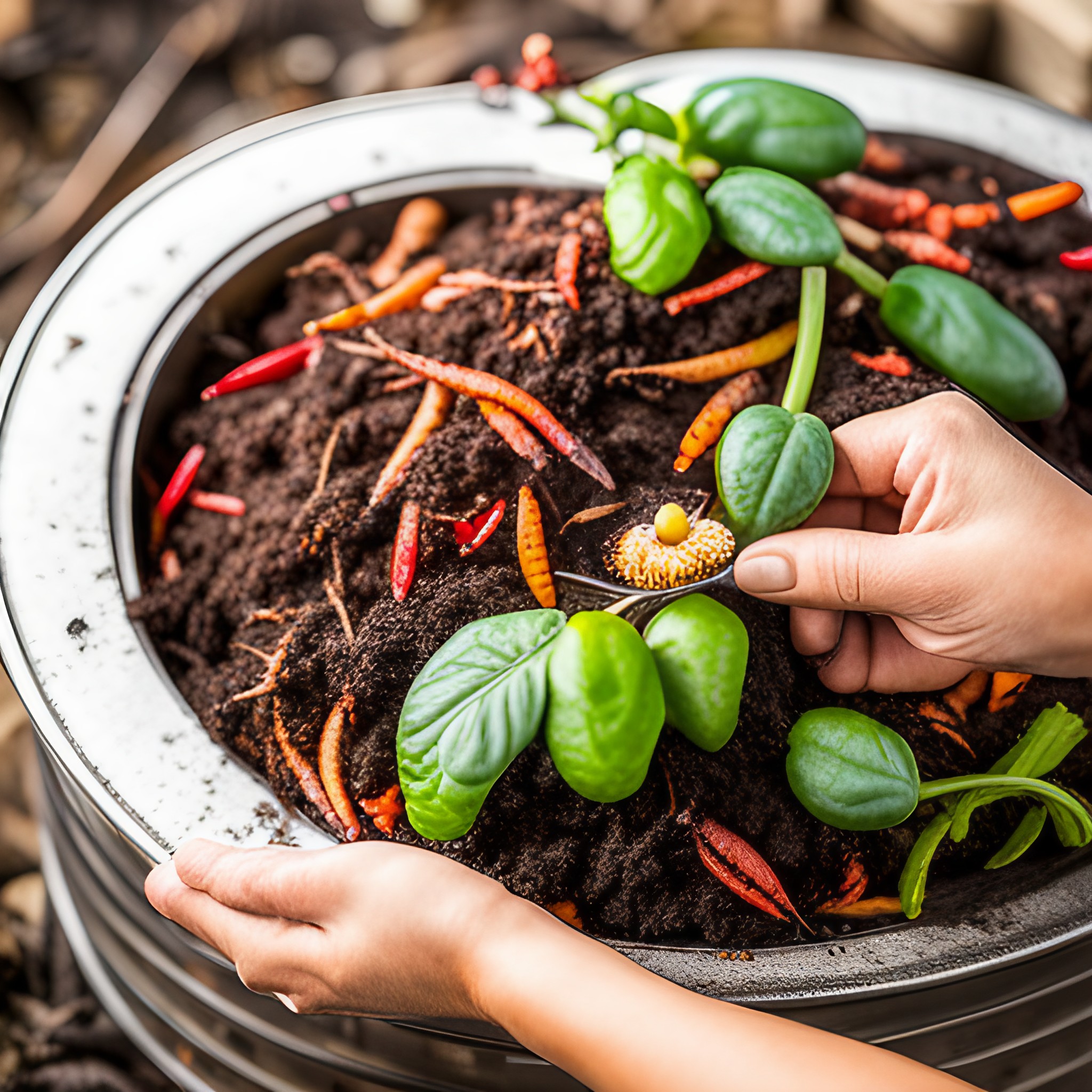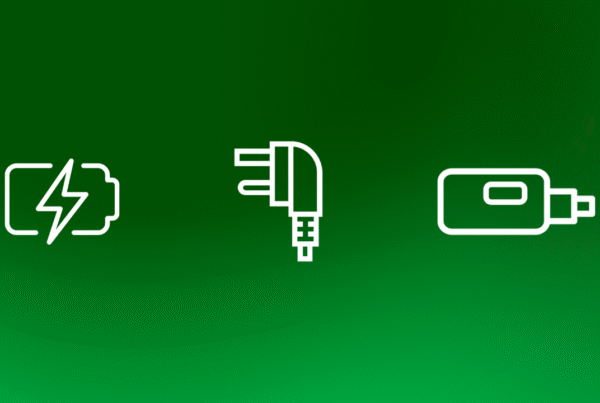How to Use Compost in Your Garden: Tips and Tricks for Success
Compost is a great way to improve the health of your garden and increase the yield of your plants. It’s an organic material made up of decomposed plant matter, such as leaves, grass clippings, and vegetable scraps. Composting helps break down these materials into a nutrient-rich soil amendment that can be used to nourish your garden.
There are several types of compost you can use in your garden, including store-bought compost, homemade compost, and vermicompost (compost created with worms). Store-bought compost is usually ready to use right away, while homemade compost may need additional time to break down before it’s ready for use. Vermicompost is created by adding worms to the mix which helps speed up the decomposition process.
When preparing compost for use in your garden, make sure it’s broken down enough so that it won’t burn or smother your plants. You should also check for weed seeds or other contaminants that could be harmful to your garden. If you’re making your own compost at home, make sure you have a good balance of green (nitrogen-rich) and brown (carbon-rich) materials in order to create an optimal environment for decomposition.
Once you have prepared the compost, it’s time to incorporate it into your garden soil. The amount of compost you should apply depends on what type of soil you have and how much area you need to cover. Generally speaking, 1-2 inches of compost should be worked into the top 3-5 inches of soil. For container gardens or raised beds, mix 2 parts potting mix with 1 part mature compost for best results.
Using compost in your garden has many benefits including improved soil quality and structure, increased water retention capacity, better aeration for roots systems, increased nutrient availability for plants, improved drainage during heavy rains or floods, and reduced erosion from wind or water runoff. Additionally, applying a layer of mulch made from finished compost can help suppress weeds and retain moisture in the soil.
However, there are some potential downsides when using too much or improperly applied compost in gardens. Too much nitrogen can lead to leaching away from plants roots systems which can result in nutrient deficiencies or even death if left unchecked. Additionally over application of nitrogen-rich materials like manure can cause excessive growth which leads to weak stems that are prone to breaking under pressure from wind or rain storms. To avoid these issues always follow recommended application rates when using any type of fertilizer or soil amendment like compost in your garden beds and containers.
Overall using compost in gardens is an excellent way to improve soil health and increase yields from vegetables and flowers alike! With proper preparation and application techniques, anyone can enjoy all the benefits that come with adding this natural material into their gardening routine!
5 Tips for Using Compost in Your Garden
Composting is a great way to reduce your environmental footprint and give back to the earth. It’s also an effective way to improve the soil in your garden and help your plants grow. Here are five tips for using compost in your garden:
Start with quality compost.
Make sure you use high-quality compost that is free from contaminants, such as chemicals or weeds. You can purchase compost from a local nursery or make it yourself at home.
Add organic matter to the soil.
Compost is made up of organic materials, such as leaves, grass clippings, vegetable scraps, and other plant-based materials. Adding these materials to the soil will help increase its nutrient content and improve its structure.
Use compost as mulch around plants.
Compost can be used as mulch around plants to help retain moisture in the soil and prevent weeds from growing. It also helps insulate roots from extreme temperatures and adds nutrients to the soil over time.
Make sure you aerate the compost pile regularly.
Aerating your compost pile ensures that oxygen can reach all parts of it so that it breaks down properly and efficiently into usable material for your garden beds or pots of plants.
Monitor pH levels
Monitor pH levels in your soil regularly when using compost in your garden beds or pots of plants as too much acidity can damage them over time if not monitored properly.
Composting is a great way to reduce waste while improving the health of your garden beds or pots of plants at the same time! With these five tips, you’ll be able to get started with using compost in no time!

#AreYouWithUs #GreyhoundRecycling #GuaranteedIrish #SkipHireDublin
#Wasted food #Reduce food waste #10TipeToReducingFoodWaste
Additional services from Greyhound:
- Bin Collection
- Gravity Bin Locks
- Skip Hire
- Grab Hire
- Junk Removal
- Commercial Waste Management
- Ecomondis
- Moving Home





